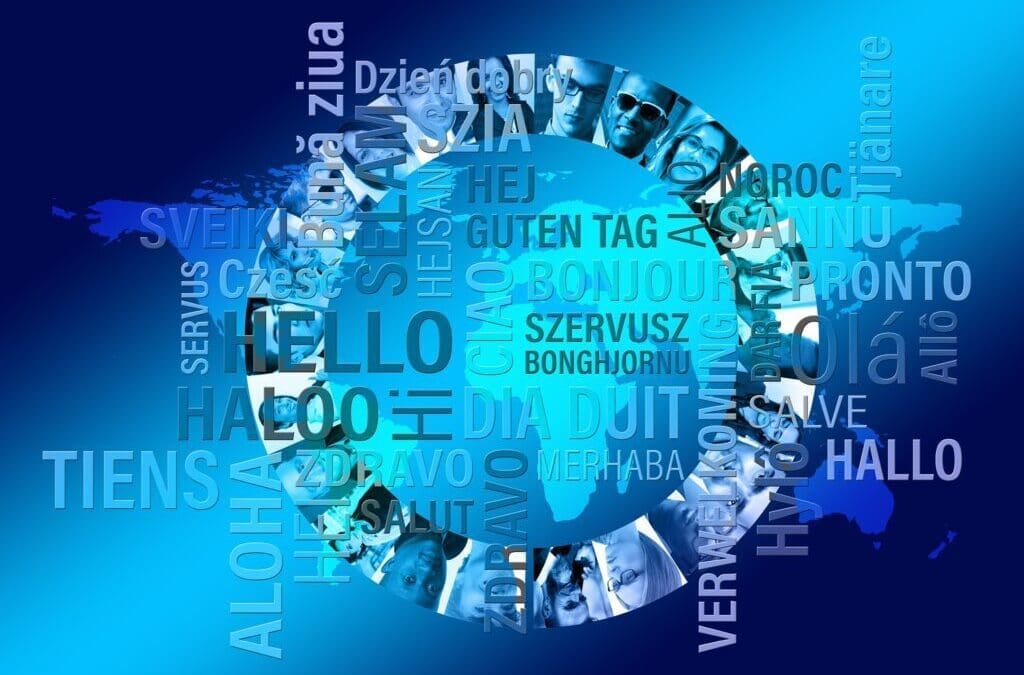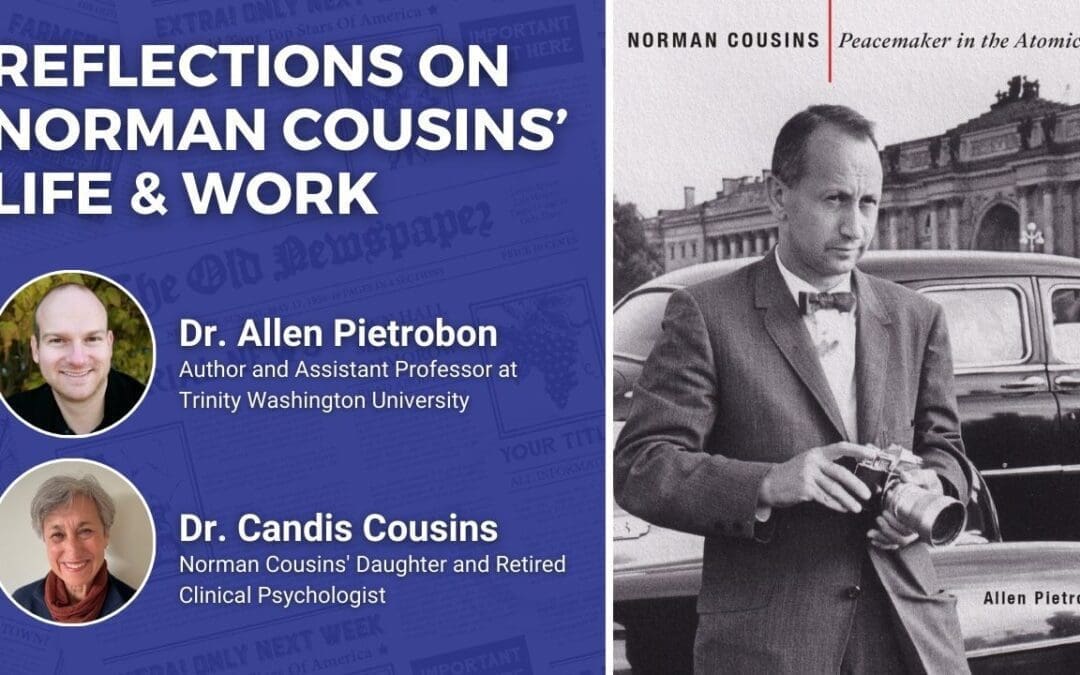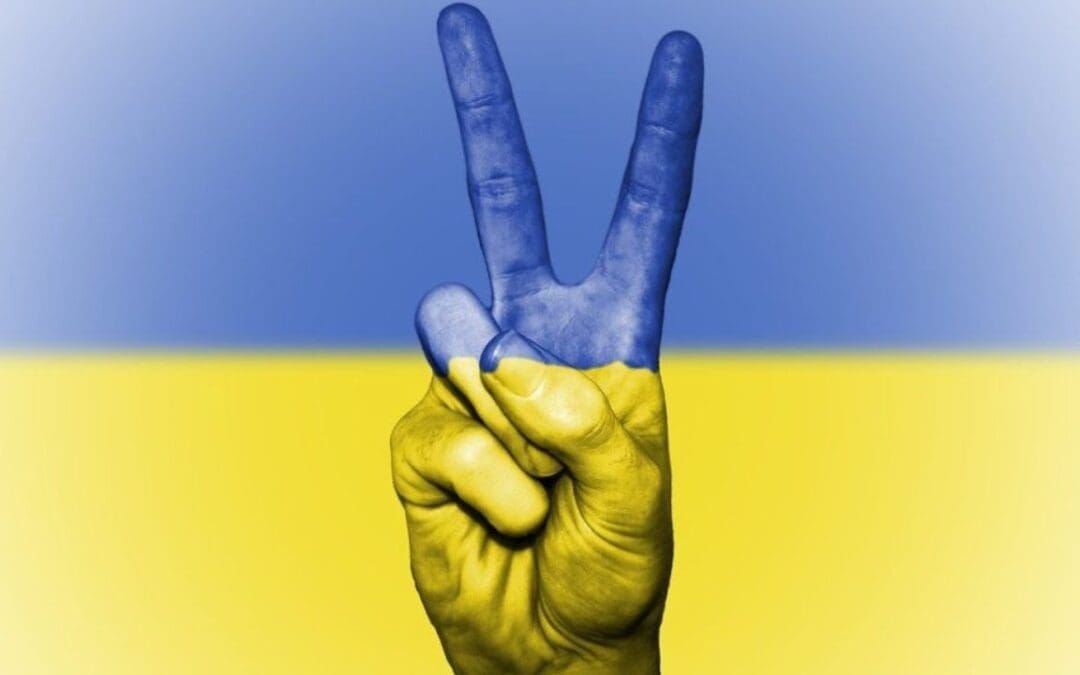
by David Gallup | Feb 13, 2023 | World Citizen
Classified documents, top secret files, spy balloons, clandestine surveillance. What kind of world are we living in where we hide information about and from each other, spying to get the upper hand? Why do leaders and legislators feel compelled to keep government secrets from the public?
In the current political system of independent, sovereign states, national governments seek to exact a competitive edge over perceived rivals by hiding information, spying, and governing secretively. Day-to-day governance becomes a zero-sum game. Governmental success comes at the expense of human interdependence, turning our fellow humans into foes rather than friends.
What are the costs of keeping secrets?
Nation-state secrets and spying come with economic, environmental, political, and social costs.
Nearly all countries have their own spies, covert agencies, and departments of “defense,” costing billions of dollars to conduct “intelligence” operations and keep secrets. Furthermore, national governments feel compelled to spend countless billions on embassies, consulates, border walls, and border guards for “national security.” Consider the two trillion dollars total that national governments spend on preparing for and waging wars every year.
Weapons manufacturers, military contractors, government officials, and wealthy shareholders reap the profit from producing and selling tools of deceit and destruction. Meanwhile, a billion people are starving, and millions must flee their homes to survive. Moreover, war preparation and clandestine operations are some of the most devastating despoilers of the environment.
To outmaneuver each other, national governments steadfastly control resources and data, refusing to share information with anyone they consider an outsider. Keeping secrets hampers leaders from governing effectively, causing them to focus on their nation instead of humanity’s survival.
State secrets for “national security” and “public order” allow governments to act extra-judicially and to violate human rights with impunity. Hiding information leads to public mistrust in government. When secrets take precedence over transparency, governing decisions are made without analysis, oversight, or consent. The public is precluded from participating in decision making and mistrust of government grows.
Secrets and the rhetoric of divisiveness – the “us versus them” approach – also take a psychological toll. Overzealous national pride turns our neighbors into enemies and ignites a mindset of fear, distrust, jealousy, and anger. We are constantly looking behind our backs, rather than looking forward.
What are the benefits of humans sharing information instead of privileging secrets?
Human and natural resources would be better spent on environmental, scientific, and technological advancements than on secrets, spying, and information suppression.
Governments, as representatives of the world’s people, could focus on information sharing and unifying humanity. Humans could work together to overcome the divisions that hold us back, rather than maintain nearly 200 separate national departments of defense, and science research, environmental, and intelligence agencies all seeking similar data and advancements. Access to more data would enhance governmental decision-making and lead to quicker scientific, health, and technological progress.
By encouraging the open exchange of information, we would be better equipped to improve understanding among diverse cultures and governing styles, to interact more peaceably and to share resources more equitably. With transparency and accountability as top priorities, we could build a framework of world security.
Resources and funds, historically tied to the military-industrial complex, could be used to feed, house, and educate people. Human and planetary health could take precedence over conflict among people and contamination of the Earth. Global collaboration is far preferable to war or cloak-and-dagger diplomacy.
How can we govern with compassion rather than deception?
Sharing ideas, solutions, technologies, and data would help humanity deal with global problems that can only be handled at the global level – problems that national governments cannot resolve on their own with hushed voices behind closed doors. Eight billion minds are better than one.
People united under one citizenship would see each other as friends with common goals that they implement together. Democratic world federation and world citizenship would provide a holistic framework for uniting our political governing structures and for uniting us as humans. World citizenship and government could liberate us from the shackles of a divided world.
Above all, governments could act like friends do.
Friends are free because they do not compel, restrain, or confine each other. Friends do not keep secrets to feel special or better. Friends share their concerns. Friends are willing to consider others’ perspectives. Friends have empathy and love for one another.
The words “friend” and “free” come from the same Proto-Indo-European root which can mean both to love and to be free.
Friendship, in place of secrecy, would free us to achieve a peaceful, just, sustainable, and united world.

by Citizens for Global Solutions | Oct 22, 2022 | Past Event
Dr. Allen Pietrobon and special guest, Candis Cousins, to reflect on Norman Cousins’ life devoted to #peace activism and world federation perspectives. How can we as Americans and world citizens follow in his footsteps and carry on his life’s work to make the world a more peaceful place Norman Cousins was the editor of the Saturday Review for more than thirty years and had a powerful platform from which to help shape American public debate during the height of the Cold War. Under Cousins’ leadership, the magazine was considered one of the most influential in the literary world.
Cousins’ progressive, nonpartisan editorials in the Review earned him the respect of the public and US government officials. But his deep impact on postwar international humanitarian aid, anti-nuclear advocacy, and Cold War diplomacy has been largely unexplored. Starting in 1945, Cousins mobilized powerful efforts to support victims of the atomic bombing of Japan and of Nazi `medical experiments,’ to foster world federation, to halt nuclear weapons testing and abolish nuclear weapons, to build a mass peace movement in the United States (as founder and co-chair of the National Committee for a Sane Nuclear Policy), and to end the Vietnam War. At the height of the Cold War, he played a central role in securing the world’s first nuclear arms control agreement (the test ban treaty of 1963) and in securing U.S.-Soviet detente.
Dr. Allen Pietrobon, author of Norman Cousins: Peacemaker in the Atomic Age is an Assistant Professor of Global Affairs at Trinity Washington University and Chair of the Global Affairs Department. Special guest, Candis Cousins, daughter of Norman Cousins, will spotlight how Norman got involved in the peace movement and how Americans can carry his work forward.
Dr. Candis Cousins was involved in the civil rights movement in the South during her years at Oberlin College. After attending Bank Street School, she taught first grade in an all-Black school in Georgia before returning North to begin her training in psychotherapy and learning disabilities. After receiving her Ph.D in clinical psychology, she had a private practice for 33 years. Now retired, she teaches studio art and a course in perception and creativity. She lives in Oakland, California with her husband, son and daughter-in-law.

by Citizens for Global Solutions | Mar 2, 2022 | Organizational Statement
Citizens for Global Solutions stands in solidarity with all peoples and with any nation whose rights have been violated in international disputes of any kind. But at this chilling moment, we especially stand with the people of Ukraine against Russia’s illegal act of aggression. We call for adherence to international law as underscored in Article 2(4) of the United Nations Charter which states that, “All Members shall refrain in their international relations from the threat or use of force against the territorial integrity or political independence of any state, or in any other manner inconsistent with the Purposes of the United Nations.” It is obvious that President Putin has violated the spirit, if not the letter, of this most primary of all international agreements.
In 1947, Citizens for Global Solutions was founded as the United World Federalists to promote the concept that peace with justice can only be possible through the creation of a democratic federation of nations. All these years later, it couldn’t be more obvious that although the United Nations has done much good in the world, as it is currently structured it is largely unable to stop military aggression across national borders. We must transform the United Nations from a confederation of nations to a United Federation of Nations with the ability, through the vehicle of a world constitution and a global legislature, to create and enforce international law in order to eliminate war and nuclear weapons, protect universal human rights, save our fragile global environment, and cooperatively manage global pandemics. It is time for all of us to demand this better method to govern our world.
Taking this broader view, we recognize that our current flawed system of global governance lacks mechanisms of law enforcement and fair adjudication—exemplified by the fact that Russia was in a position to veto the Security Council’s condemnation of their own immoral act of aggression. Instead, our current world system depends upon the good will of leaders of all nations upholding their treaty agreements and resolving disputes through diplomacy, in accord with the narrow “self-interest” of their nations. What is playing out before our eyes in Ukraine, as well as in numerous other instances since WWII, demonstrates the inadequacy of a system that depends on good will and self-interest—and ultimately on the global rule of the nation (or alliance) with the strongest military and a willingness to use it—rather than the rule of impartial justice. Situations such as the Ukraine war will only cease when we have enforceable global law and the use of world courts to settle disputes. Without these mechanisms of genuine civilization, all sides are victims of a system that cannot guarantee peace and security.
Given the absence of the just rule of enforceable world law, we call on the Security Council to enforce member agreements, which we view as the best existing means to ensure the safety and protection of innocent civilians. We also commend the International Criminal Court for its decision to open an investigation on the situation in Ukraine. Those who commit genocide, war crimes, crimes against humanity and the crime of aggression must be brought to justice.




























